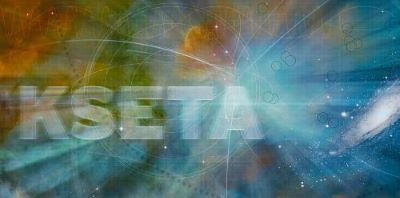Deeper course for Particle and Astroparticle Physicists
Searching for new physics with gravitational waves: let’s build an extreme-mass ratio inspiral waveform generator!
Jens Boos (KIT)
Abstract
Gravitational waves are the emergent medium to probe our understanding of gravity, with increasing relevance in the age of gravitational wave astronomy. Current experiments (LIGO/Virgo/Kagra) are sensitive to gravitational waves stemming from the collision of stellar-mass black holes of roughly comparable masses. While an excellent probe for gravity in the strong-field regime, analytical treatments are extremely difficult to perform and in practice one resorts to numerical relativity. However, future experiments, like the Laser Interferometer Space Antenna (LISA), will be sensitive to the gravitational waves stemming from the collision of small, stellar mass black holes with giant, supermassive black holes. In such “extreme-mass ratio inspirals” (EMRI) it is possible to perform perturbative computations, since the large mass ratio allows one to approximate the small orbiting black hole as a point particle. The goal of this course is to understand how a fundamental model of gravity (say, general relativity) can be used to estimate the shape of the gravitational waves stemming from such an EMRI, using perturbative and largely analytical techniques. To that end, we will develop a simple Mathematica sheet that will generate such a gravitational wave pattern given (to zeroth order, with necessary simplifications in resolution and accuracy). In a second step, we will consider a modified version of gravity, and explore how this qualitatively changes the gravitational wave pattern. If time permits, we will briefly discuss how EMRI gravitational wave patterns will be analyzed in practice when LISA becomes operational in the currently envisioned mid-2030’s.
Note: Graduate-level general relativity is helpful, but not required.

